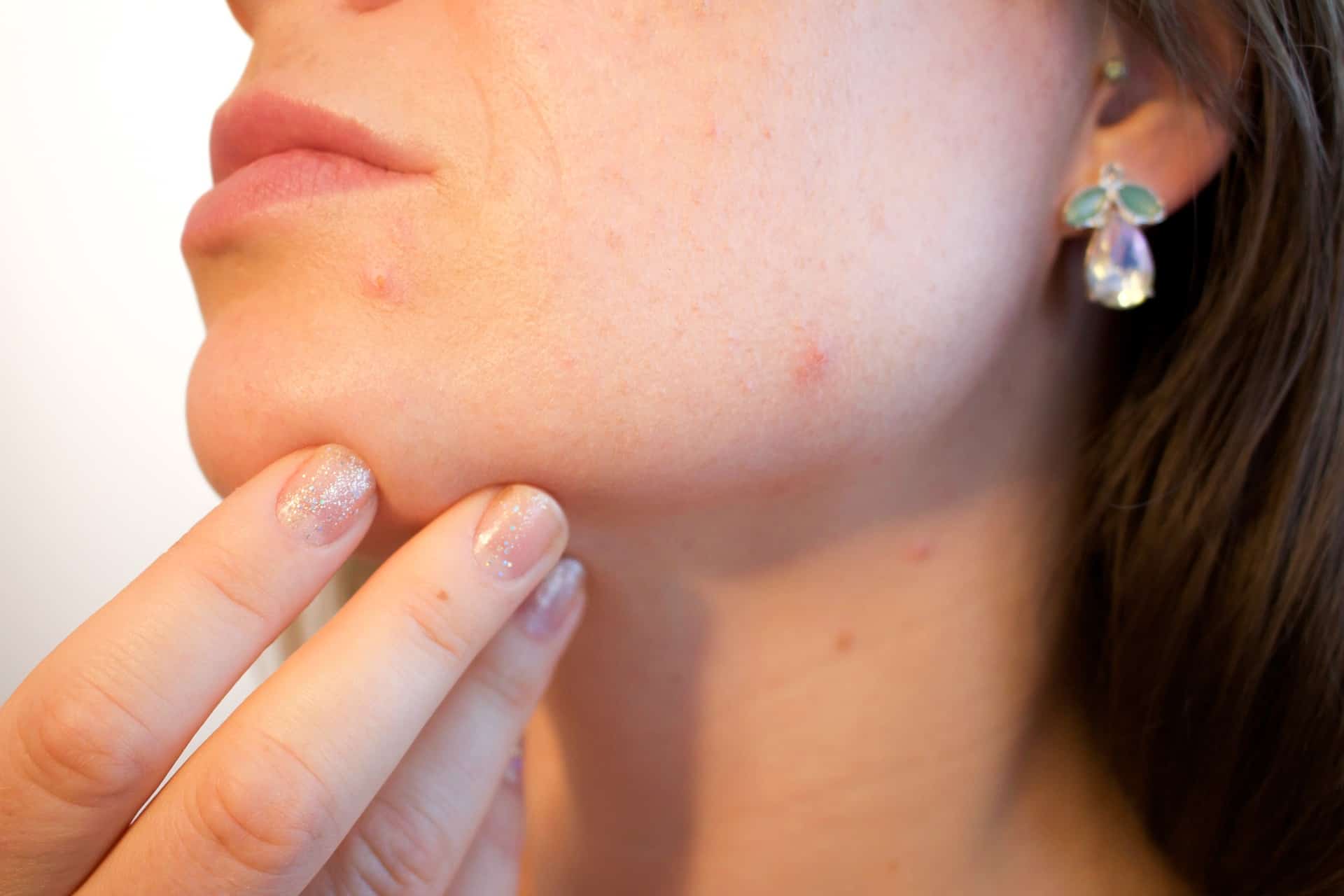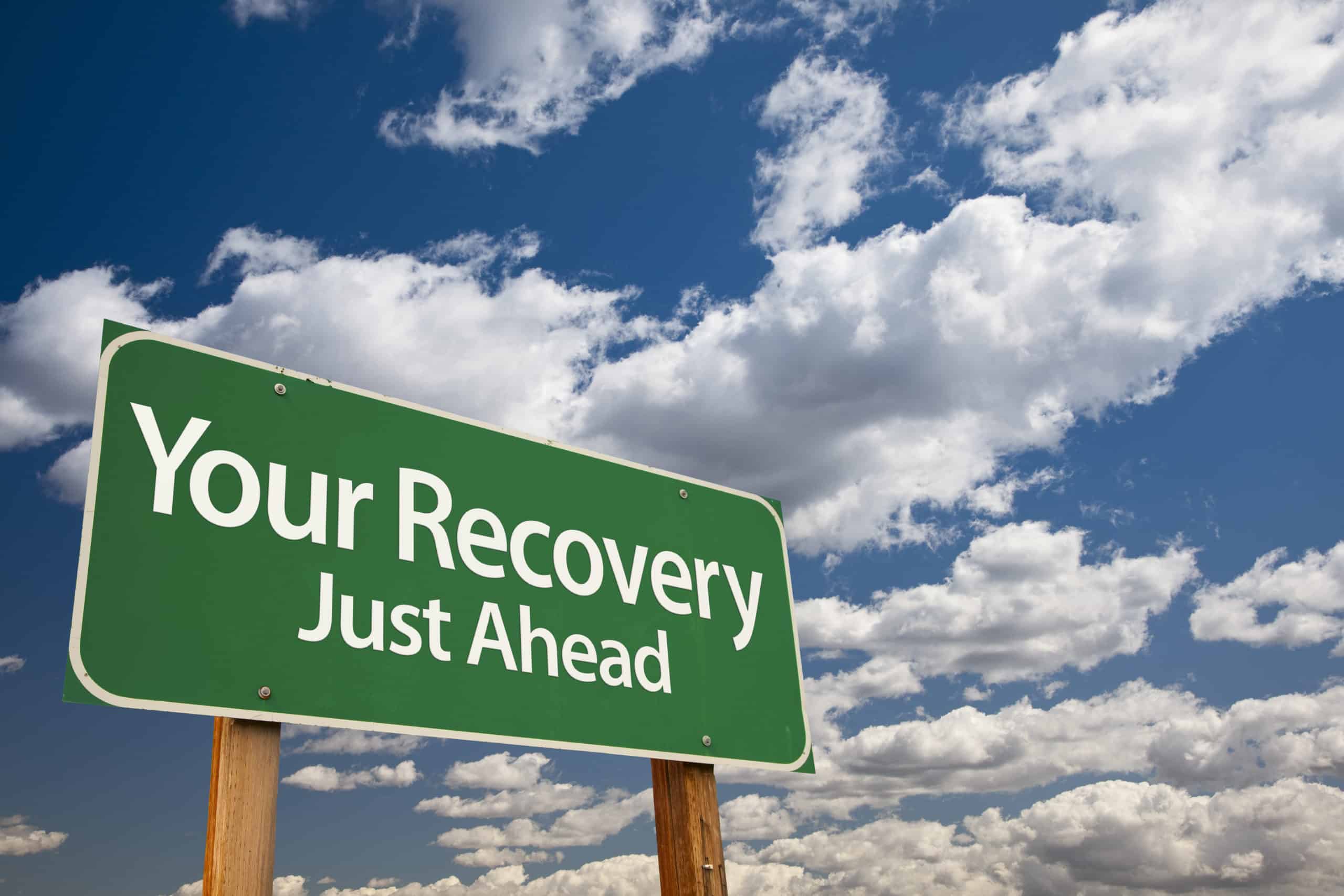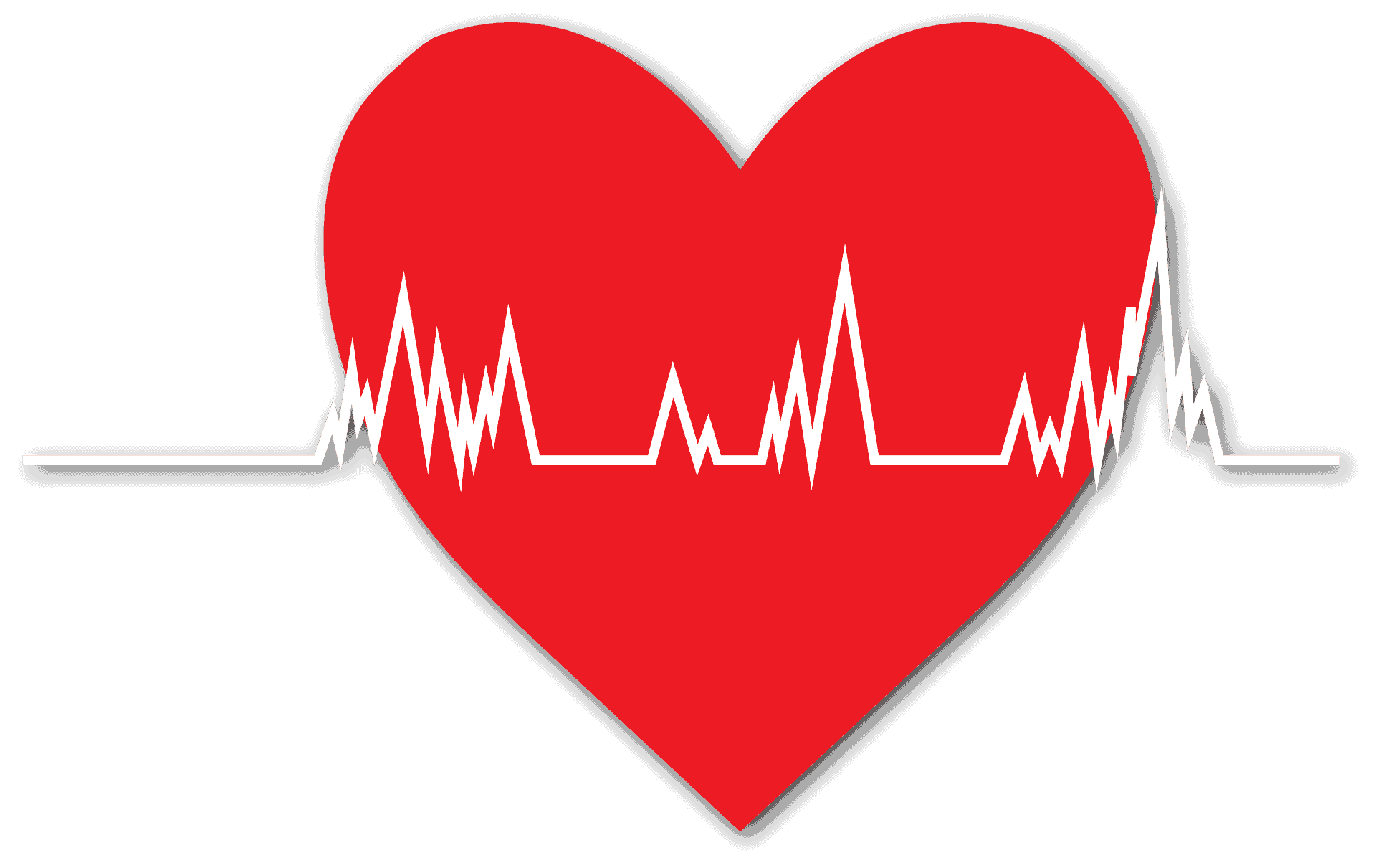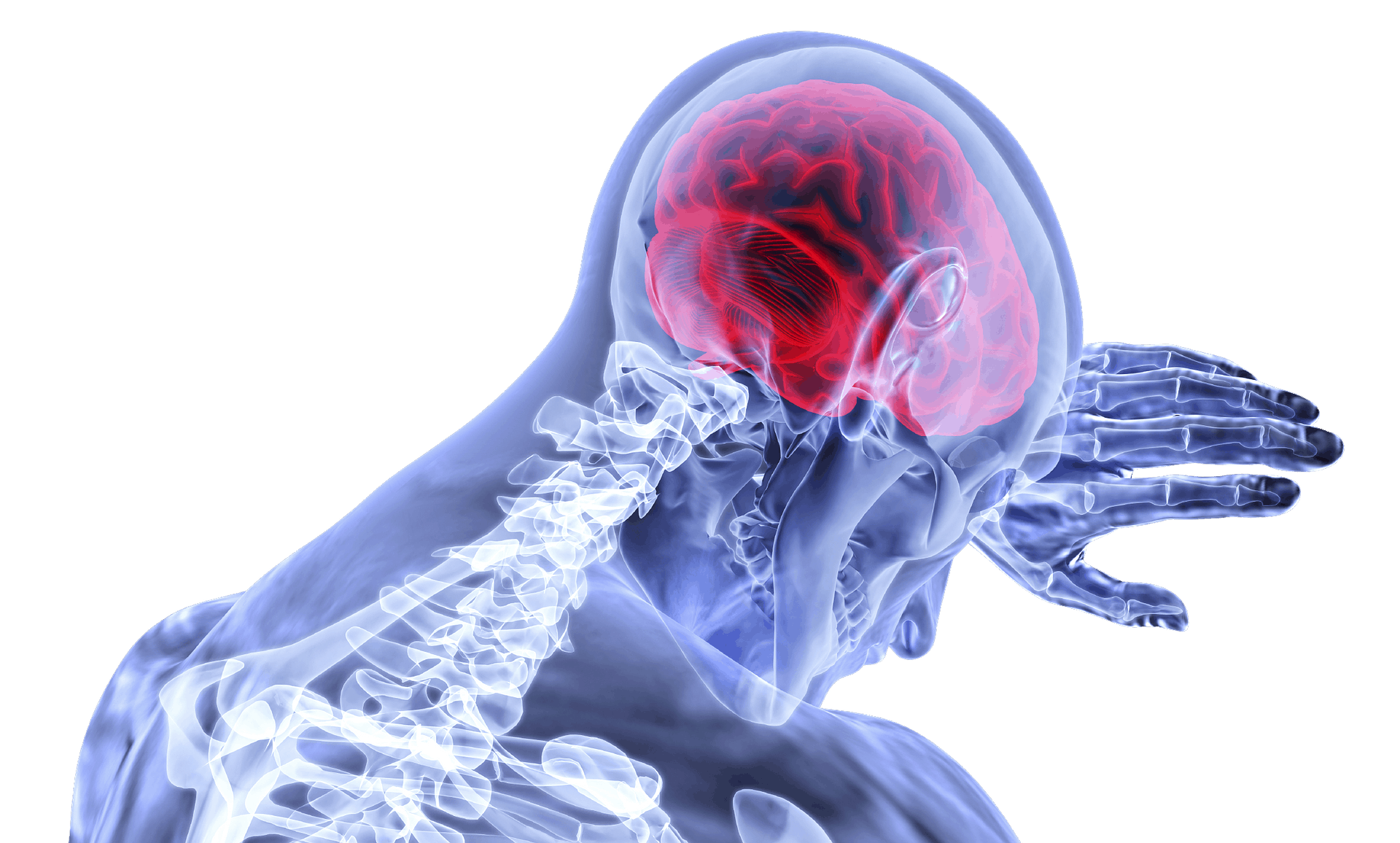
CBD oil, generally made from either indica, sativa, or a hybrid of the two, is a popular natural remedy used for a variety of different illnesses and ailments. Much like THC, the more known compound found in marijuana, CBD also is believed to alleviate pain, stimulate appetite, minimize anxiety, among other benefit. While being one of the compounds found in marijuana, CBD does not contribute to the inebriating effects of marijuana—rather that is mostly through its sister compound THC. This is one of the primary reasons why people who are not interested in the stoned effect from marijuana often use CBD oil instead. Though not yet proven in rigorous medical studies, CBD has been promising in research thus far in treating or preventing seizures related to various illnesses. CBD oil is most frequently produced by extracting the compound from marijuana and then infusing it when a neutral oil, most commonly coconut or hemp oil. As a result of this process, very little of the THC remains within the oil and thus does not have a large amount of psychoactive effects.
Is CBD Oil Legal?
CBD can be purchased in most parts of the US, although its exact legality depends on which state you are in.
Although marijuana is not entirely legal in every U.S. state, CBD oil has generally much more relaxed guidelines due to its non-psychoactive nature. In addition, although the U.S government technically considers CBD as the same classification of marijuana, the enforcement of CBD is not as strict.
Thanks to the Agricultural Act of 2014, the right to grow hemp (and in turn CBD) was granted to several pilot companies. This did not mean that CBD was federally legal, but this action allowed different companies to legally cultivate and supply CBD oil to the U.S market. In addition, it also allowed universities and various state departments to spearhead their own individual research studies.
With CBD still being federally classified on the same level as marijuana, there are a whole host of issues for companies trying to expand into the CBD market. For instance, companies cannot add CBD into dietary supplements despite their potential upsides due to its classification as a drug. There also aren’t any federal regulations in place, allowing several companies to get away with low-quality CBD or false claims about CBD oil’s health benefits. Some CBD manufacturers are under heavy scrutiny from the U.S government due to several false claims made about CBD, such as the fact that it can help cure cancer. CBD oil is gaining significant momentum for its medicinal value, with fairly well-researched studies identifying its anxiety-reducing properties—yet, more research is needed for many of the other potential health benefits of CBD. Still, the early research surrounding CBD oil is promising and more studies could unveil additional health benefits.
Health Benefits of CBD Oil
The body’s exact method of absorbing CBD is unclear as of now. While THC directly interacts with the brain’s cannabinoid receptors, CBD has relatively little to do with them.
Current research shows that that CBD is very effective against chronic pain. It does this by regulating endocanabinoids receptors, reducing inflammation, and interacting with neurotransmitters. Common mental health issues such as anxiety and depression often lessen when taking CBD oil, which has proven itself as a promising treatment for both, leading many living with these disorders to take an interest in CBD. While many prescription medications for anxiety and depression often have powerful addictive properties, strong withdrawal effects, or are otherwise strong drugs, CBD is a much safer, natural approach and a worthy alternative to consider.
According to Verywell Health, CBD oil can be used to treat a wide variety of health problems, including but not limited to:
- Acne
- Anorexia
- Anxiety
- Chronic pain
- Depression
- Drug addiction and withdrawal
- Epilepsy
- Glaucoma
- High blood pressure
- Insomnia
- Muscle spasms
- Parkinson’s disease
The benefits of CBD oil lie not only in their ability to help treat various ailments but become especially prominent in their lack of side effects compared to more traditional methods of treatment. For example, benzodiazepines are often prescribed for anxiety and depression, yet the drugs are highly addictive with a huge potential for abuse. In addition, the withdrawal symptoms are magnitudes stronger than the mild, if not nonexistent, symptoms that arise from CBD or THC withdrawal. The withdrawal effects from benzodiazepines have the potential to kill you if not properly treated.
Despite the many health benefit of CBD, it is by no means a miracle drug. Side effects of CBD include nausea, fatigue, and irritability. The FDA does not regulate CBD oil in any capacity. Due to the lack of federal regulations, it is important to purchase CBD oil from reputable and legal pharmacies. Some experts believe CBD oil can assist with addiction problems by targeting the amygdala, an area of the brain heavily involved in addiction. CBD is commonly thought of to help alleviate the symptoms of depression, though studies on humans are currently lacking in this area.
Benefits of CBD Oil
-
Seizures and Epilepsy

Epidiolex was the first drug based on CBD that received approval from the FDA. For those with rarer and complex types of epilepsy (namely Lennox-Gastrault syndrome and Dravet) are prescribed Epidiolex.
This CBD-based drug is an oral CBD medicine that treats these rare forms of epilepsy within children. While any type of epilepsy has to be treated with great care, these rare genetic disorders can cause life-long seizures beginning from when you are an infant. For this reason, Epidiolex was a huge breakthrough that saves lives and provides a much-needed alternative to what is already on the market.
In fact, there are some studies that suggest CBD increases the concentration of other seizure drugs like Onfi in the bloodstream. This data is important because CBD may not only make the drugs more effective but could also prolong their half-life.
From clinical trials and studies, it seems that CBD used in conjunction with other anti-epileptic drugs could be a way to combat treatment-resistant epilepsy in children, adolescents, and even infants.
A review of completed and ongoing clinical trials indicated that the addition of CBD to common antiepileptic drugs may be appropriate in treatment-resistant epilepsy in infants, children, and adolescents.
-
Arthritis

Photo from Wikipedia Commons
Arthritis is the most common disability in the United States, affecting some 54.4 million people.
In a 2016 study, researches applied a CBD gel to rats that were diagnosed with arthritis for several days, after which the researchers noted a notable decrease in inflammation and pain signals detected in the rat’s brain without any observable side effects. These results could very likely extend to human subjects, though further testing is required. Though circumstantial and anecdotal evidence, people with arthritis have reported decreased pain, improved sleep, and lessened anxiety after using CBD oil
According to Medical News Today:
- A study found that CBD has the potential to help mitigate some arthritic symptoms – most notably pain and inflammation.
- A 2014 literature review of existing research found that CBD was an effective treatment for a type of arthritis called osteoarthritis
-
Addiction management

Many experts have suggested CBD oil’s ability to target the amygdala, a part of the brain that is essential in regulating addiction. When suffering from withdrawal symptoms, the desire the relapse often increases in the presence of a cue.
-
Heart health

Several studies have linked CBD with multiple tangible benefits for the heart and circulatory system, including but not limited to lowering active blood pressure, lowering resting blood pressure, and decreasing stress hormones that can exert additional tension on the heart. In a recent study focused on men, a single dose of CBD causes the men to experience a smaller blood pressure increase than would be typically found in those that are subject to a blood pressure test. Research has also suggested that the stress and anxiety lowering effects of CBD work in tandem with other benefits in order to lower blood pressure. Additionally, other studies have shown that CBD is increasingly effective at managing inflammation and cell-death related diseases such as heart disease or lung disease due to the antioxidants found in CBD.
CBD oil in conjunction with traditional therapy has the potential to lower symptoms of hypertension—however, there is currently no evidence that can suggest that CBD oil is able to treat or cure hypertension, nor is it necessarily effective prevention. While stress is definitely a contributing factor to hypertension, and CBD oil being effective at lowering stress, stress itself cannot cause hypertension.
-
Nerve Pain

Medical marijuana is often prescribed for people with intractable pain or pain that does not alleviate upon traditional methods of pain relief, such as those with terminal cancer. There is some evidence that CBD can benefit those in this position.
Based on a 2012 study from the Journal of Experimental Medicine, mice had an extremely positive reaction to CBD. In the study, mice were shown to have less neuropathic and inflammatory pain after being administered CBD orally and via spinal injections.
The scientists that conducted the study theorized that the CBD reduced the pain by binding with the glycine receptors in the mice’s brain. By doing so, the rate at which the nerve signals passed between the cells slowed, and thus the mice felt less overall pain.
Despite the increase of animal studies, human studies are still lackluster. The number of human studies needed to legitimize CBD would take several years to conduct. Furthermore, these studies are difficult to control, as the compounds that are almost always present include tetrahydrocannabinol (THC), so it is difficult to isolate the unique effects of CBD.
-
Acne

Studies based on cellular data show that CBD has a suppressing effect on the sebaceous glands. The sebaceous glands are what is responsible for the formation and worsening of acne. With the sebaceous glands subdued, you can expect to have clearer skin and less build-up of residue.
While there are some promising results, it’s important to wait until a dermatologist recommends these CBD products to you because your skin is an extremely sensitive organ.
If interested, bring up CBD at your next doctor’s visit to get some more information.
-
Miscellaneous Potential Benefits

Photo from Wikipedia Commons
According to Healthline, CBD has been studied for its ability to treat many other health issues. However, more research is needed before CBD is able to be determined to provide concrete health benefits in the following issues.
- Antipsychotic effects: Research shows that CBD may help people with schizophrenia and other mental illnesses by reducing symptoms
- Substance abuse: CBD can have a powerful effect on the circuits within the brain that are responsible for drug addiction. In one featured study, rats were actually able to curb their morphine dependency after being administered CBD.
- Anti-tumor: With CBD, you may actually be able to slow or retard the spread of cancer. In particular, CBD can slow the spread of brain, colon, lung, breast, and prostate cancer.
- Diabetes: In a study involving mice, CBD was given to mice that were diabetic. Following the treatment, the rate of diabetes within the mice colony reduced by 56% and also significantly reduced inflammation.
Dosage
There are no guidelines for the proper use of CBD oil. CBD oil is usually delivered under the tongue (sublingual). Most oils are sold in 30 milliliters (mL) bottles with dropper caps. Currently, there is no known ‘correct’ dosage of CBD oil. Depending on who you talk to, the daily dose could range from 5mg to 25mg.
The difficult part is calculating the exact amount of CBD per milliliter of oil. While some tinctures have a concentration of 150 mg per 3 ml, while others have a concentration of 3,000 mg / mL (or more).
To determine the exact dosage of CBD, remember that each drop of oil is equal to 0.05mL of liquid. This means that a 30mL bottle of CBD oil will yield approximately 600 drops. At a tincture concentration of 1,500 mg / mL, each drop will contain 2.5 mg of CBD (1,500 mg / 600 drops = 2.5 mg).
To use CBD oil, place at least one drop under the tongue and hold that dose for 30-60 seconds without swallowing. Capsules and gummies are easier to administer but tend to be more expensive. CBD sublingual spray is mainly used for convenience.
Where to Find CBD
CBD oil enthusiasts will be the first to tell you to buy full-spectrum oil rather than CBD isolates. Unlike isolates containing only CBD, full-spectrum oil contains a variety of compounds naturally found in cannabis, including proteins, flavonoids, terpenes, and chlorophyll. Some health practitioners believe that these compounds provide additional health benefits, but unfortunately, there are no studies or research that can back up this statement.
CBD oil is largely unregulated and there is no guarantee that the product is safe or effective.
Some tips to help you find higher quality CBD oil:
Buy American
Domestic CBD oil tends to be safer because of better cultivation, refining, and transportation practices.
Buy Organic
Brands certified organic by the USDA are not exposed to pesticides and other chemicals commonly used to keep cultivation cheaper. While this problem is not specific to CBD oil, the advice is good regardless
Read the product label
Even with full-spectrum oils, there is no guarantee that all of the ingredients are natural and safe to use. There may be preservatives, fragrances, or thinners that you do not need or want. If you are unsure of an ingredient, ask your dispenser about it, or do some research online.
CBD oil has been researched for its potential role in relieving symptoms of many common health problems, including anxiety, depression, acne, and heart disease. Although some CBD manufacturers have come under government scrutiny, claiming that CBD is a cure for cancer and so on, it may be a natural alternative for people with cancer to relieve pain and symptoms. Research into the potential health benefits of CBD oil is ongoing, so this natural remedy.
CBD can prove to be an option for managing insomnia, anxiety, and physical pain. There are almost certainly going to be several applicable uses for CBD in all these fields.
While the data suggesting the immense benefit of CBD increases by the day, it’s irresponsible to say that it’s a miracle solution. After all, we still lack enough data with human trials to concretely draw conclusions about CBD. At the end of the day, CBD is still an unregulated supplement, but that doesn’t mean it will always be that way!
If you decide to use CBD oil, you’ll need to consider your body’s chemistry and taking It is strongly recommended that you first consult your doctor to ensure that there are no complications with any other medications you are taking.
Disclaimer:
You knew it was coming, the text in this article is informational only and not intended to be legal or medical advice or recommendations in any way. Use this information as you will with your own discretion. The bottom line is – be safe, follow the rules, and enjoy some Mary Jane while you are in the Bicentennial State for your Rocky Mountain High!



